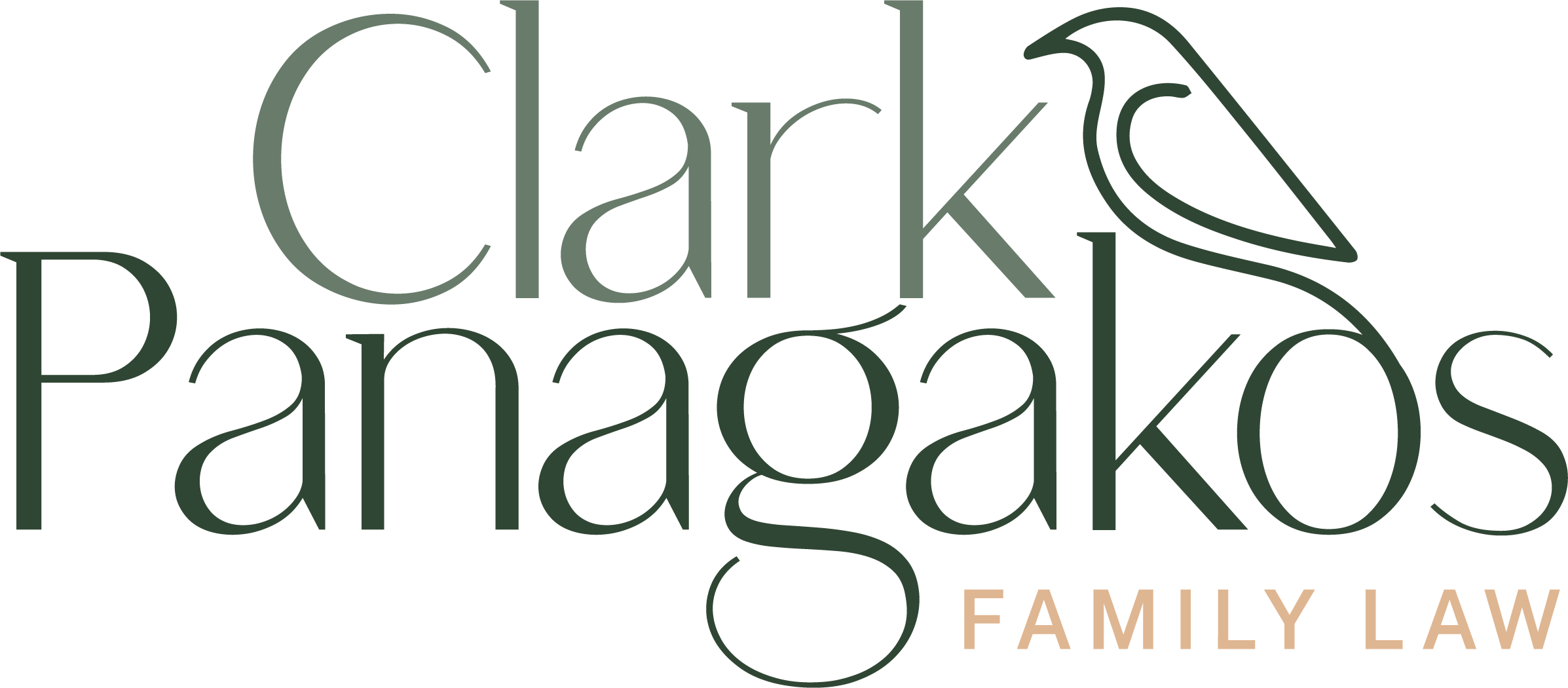Changing a child’s name after separation is a significant and sensitive decision that requires careful consideration and legal processes. Below we aim to provide guidance for parents navigating this process, ensuring that the best interests of the child are upheld while adhering to legal requirements.
Understanding the Motivation:
Before embarking on the name change process, it’s crucial for parents to reflect on their motivation. Whether it is to create a sense of belonging, establish a new identity, or sever connections from the past, understanding the reasons behind the name change can help ensure the decision is in the child’s best interest. Many parents who do not have their name reflected in their child’s name feel more disenfranchised by this after separation.
Open Communication:
Both parents should engage in open and respectful communication about the proposed name change. Discuss the rationale, benefits, and potential impact on the child’s emotional well-being and their sense of identity. If possible, involve the child in age-appropriate discussions, allowing them to express their feelings and concerns. Taking advice from family therapists or child psychologists can assist parents to gain insight and guidance from professions who can assist them to take into consideration matters relating to their child and their level of development that the parents may not have thought of. This would be best before any conversations with or involving the child take place.
Consent and Agreement:
In cases of joint parental responsibility, both parents’ consent may be required for a name change. If one parent objects, the matter might need to be resolved through mediation or court intervention. Strive to reach an amicable agreement whenever possible to minimise stress for the child and the costs, delay and uncertainty of a litigated outcome for the parents. It is important to consider the damage to a co-parenting relationship that may flow from this sensitive topic particularly if it is handled badly.
Court Application:
If an agreement cannot be reached, the parent seeking the name change may wish to file an application with the Court. This is not a simple process. It is neither speedy nor inexpensive. There are cases which are far more likely to succeed than others. Careful consideration needs to be taken before embarking on any Court process.
Child’s Best Interest:
Courts prioritise the best interests of the child when making decisions about name changes. Parents must demonstrate that the name change is in the child’s best interest, considering factors such as the child’s emotional well-being, relationships, and potential social or educational impacts. For older children their views will also be important.
Mediation:
As with any dispute involving children it is preferable if parents can reach agreement. If they need help to do so, then mediation is a healthy and appropriate alternative to Court. In Australia the Court now requires parents to make genuine efforts to resolve matters before they are allowed to proceed to Court (with some exceptions) and at Clark Panagakos we believe that mediators who come from a social science background are better placed to assist parents to mediate matters involving their children. We have a network of allied professionals we can recommend to you who are skilled practitioners.
Legal advice:
We are here to help you navigate this sensitive issue from a legal perspective. Call and make an appointment with one of our experienced family lawyers to thoroughly consider all the options available. If you do wish to proceed to Court and cannot resolve the issue by agreement, it is important to take advice about the likelihood of success, so that you can consider if the cost and stress of the fight are worth it.

